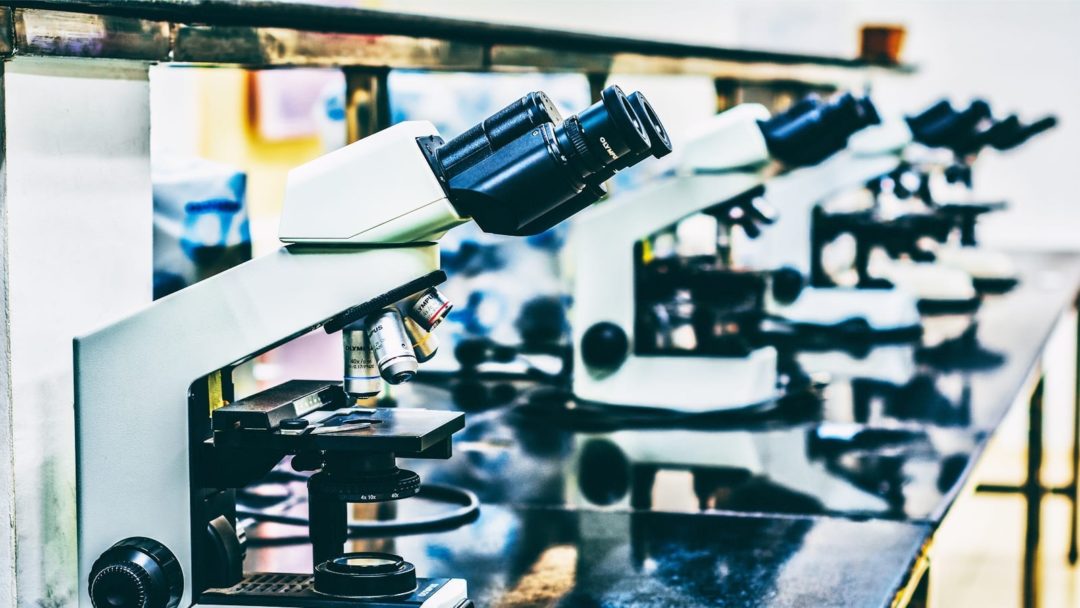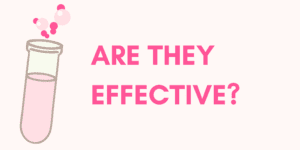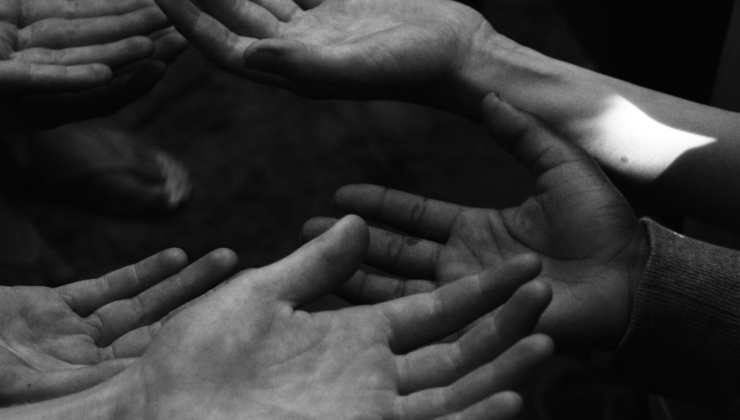What’s the deal with Biosimilars

At Rethink, we believe in taking breast health seriously. This means doing the right research so that we can help you ask the right questions. Today’s hot topic? Biosimilars.
While they have already been used to treat illnesses like inflammatory bowel disease and diabetes, they’re new to breast cancer treatment. Here are four things you should know about this new kind of medicine.
What are biosimilars?

First things first. In order to know what biosimilars are, we need to talk about biologics. Biologics (or biological medicines) are exactly what they sound like. Instead of chemicals, biologics are proteins which are by-products of living organisms such as bacteria or yeast. It sounds gross, but yogurt is made from bacteria too. A common biologic breast cancer drug is trastuzumab (or Herceptin).
Normally, after a drug patent has expired, other companies can reproduce it as long as the new drug is chemically identical to the original. These are generics. However, it’s very difficult to copy a biologic drug. That’s because proteins, which are made up of sequences of amino acids that fold onto itself, are so complex in terms of their shape. An identical amino acid sequence does not necessarily result in a protein with an identical structure and activity. So when another company reproduces biological medicines, these new medicines are called biosimilars.
What’s the approval process for biosimilars?

According to the Government of Canada, biosimilars are submitted as new drugs. Health Canada only approves biosimilars when manufacturers can prove its similarity to the original biologic. This process includes a series of structural, functional, and clinical studies, which must prove that the drug is as safe and as effective as the original. From there, Health Canada assigns a Notice of Compliance (NOC) and a Drug Identification Number (DIN).
In December 2017, the FDA (the US regulator) approved the first biosimilar to treat breast cancer. Trastuzumab-dkst (or Ogivri) is a biosimilar for Herceptin. In Canada, many breast cancer patients receive biosimilar supportive care drugs, such as Grastofil, with more treatments on the horizon.
Are biosimilars safe?

Just like with biologic medicines, biosimilars are tested and monitored closely for safety. First, as mentioned above, Health Canada and the FDA must deem biosimilars safe by their standards before they are approved for patient use. According to the Government of Canada, Health Canada and drug manufacturers must also monitor the safety of biosimilars even after they’re approved (like they do for biologic medicines too). For Health Canada, this includes market surveillance, monitoring adverse reaction reports and investigating complaints. For manufacturers, this means monitoring side effects, reporting new developments to Health Canada, and requesting approval before making any major changes to the drug/manufacturing process.
However, like with all medicines, safe does not mean side-effect free. Each type of biosimilar is different and each person is different, but your doctor can help you understand what types of side effects to expect.
Why should you care about biosimilars?

The price of new cancer treatments continues to rise. This has resulted in an unsustainable health system with increasing delays for new treatments to be approved and listed by public and private health plans. In plain terms, it means patients are waiting far too long for the treatments they need.
While biosimilars may not be exactly the same as the original biologic medicine, they are often priced lower than the original biologic (although not as steep a discount as generic medicines because, unlike generics, they must be developed from scratch). In developed countries, biosimilars are priced between 13 and 35% lower than the original biologic. This means biosimilars could be a welcome safe and effective option in a health system that’s found itself between a rock and a hard place.
It’s not only about savings in the health system today but also about saving the health system for our next generation too.



